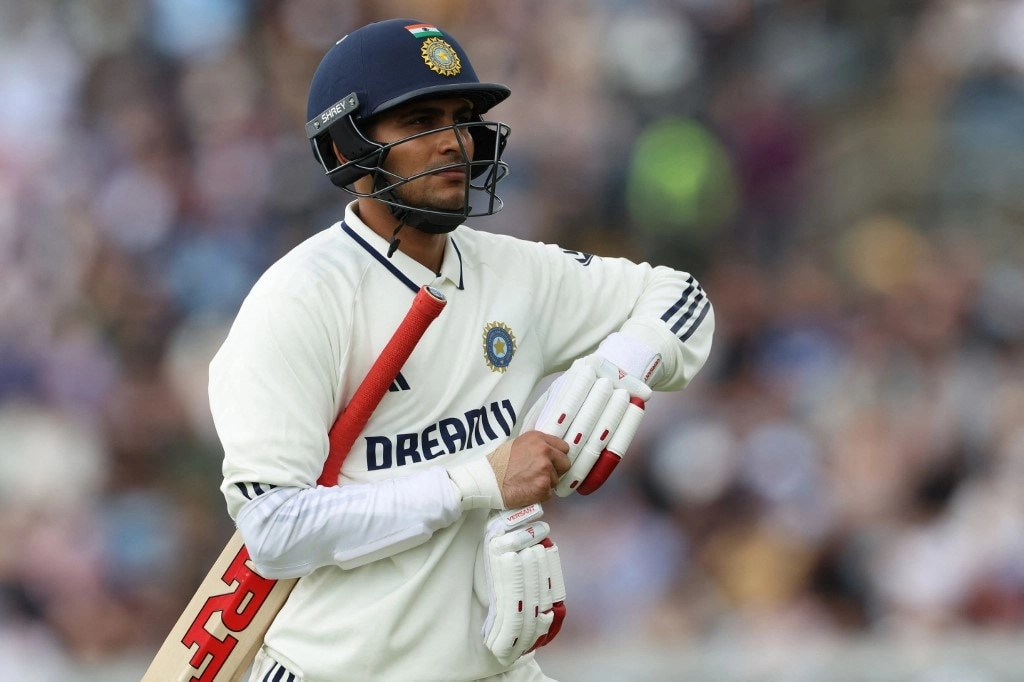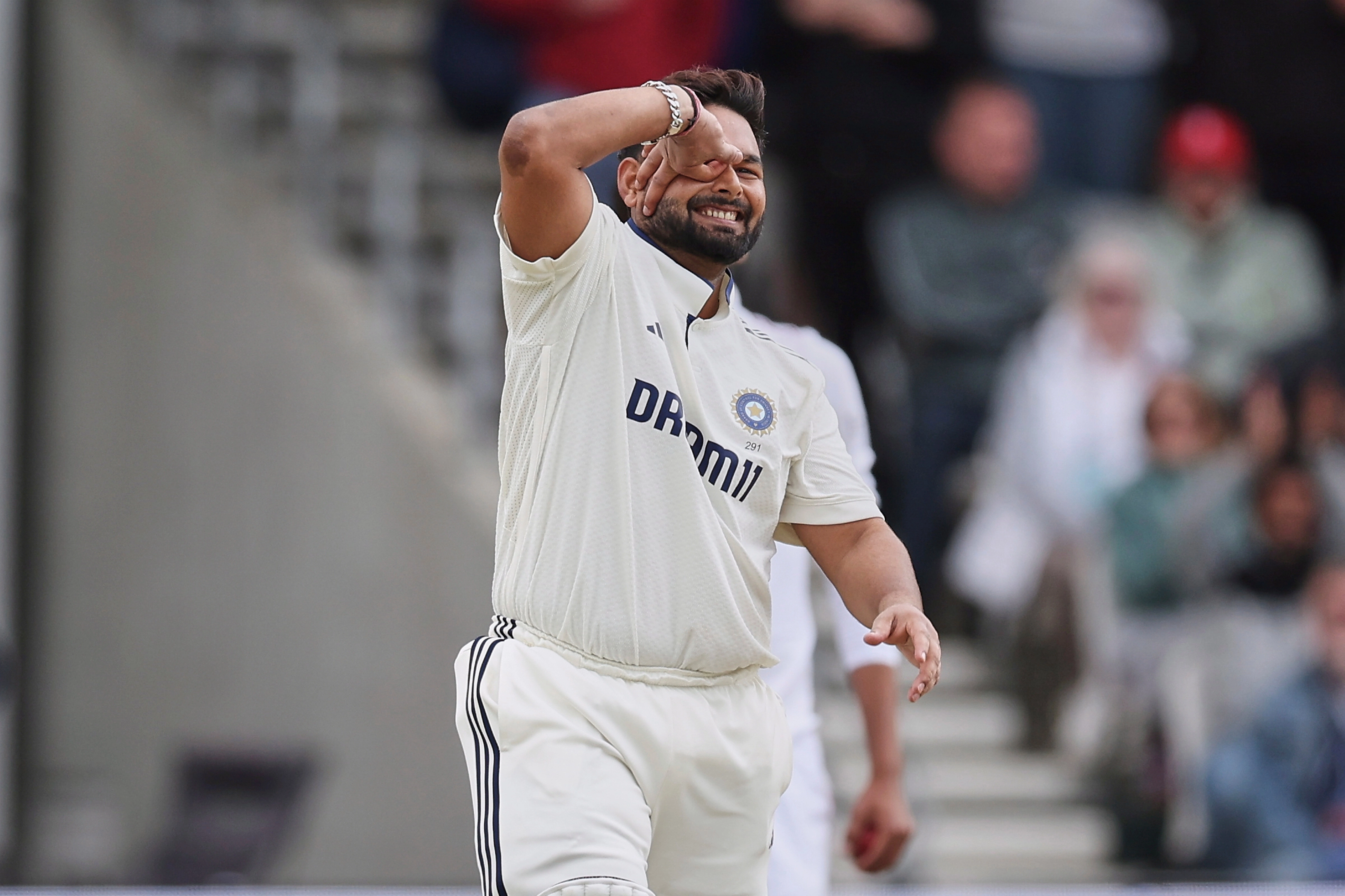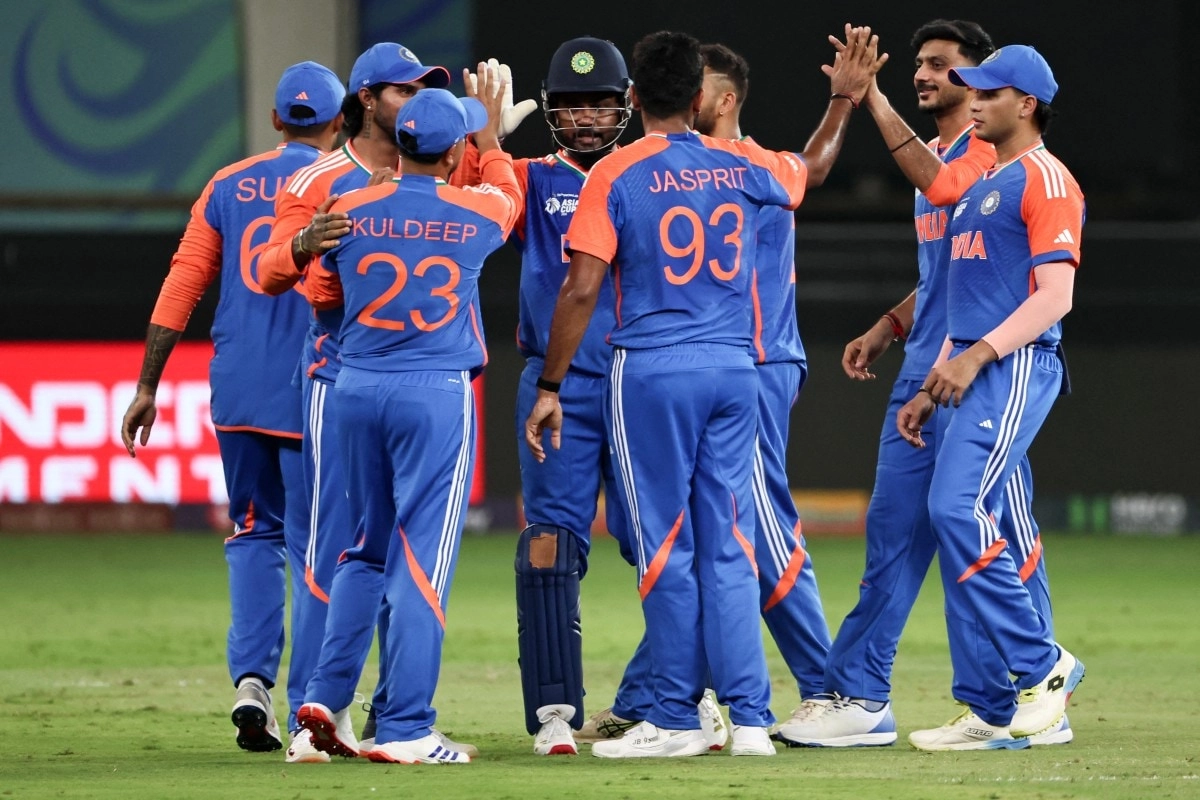Following a disappointing performance in the first Test match, Shubman Gill, the young Indian cricketer, candidly addressed the media, acknowledging a significant flaw in his game that contributed to the team’s loss. Gill, who has been touted as one of the brightest prospects in Indian cricket, did not shy away from taking responsibility for his performance. He emphasized the importance of self-reflection and the need to improve, stating, “I have to rectify my mistakes if I want to contribute to the team’s success moving forward.”
In the aftermath of the game, Gill’s honesty resonated with fans and analysts alike, highlighting a maturity beyond his years. He elaborated on the technical aspects that let him down, noting that his shot selection and approach at the crease were not up to par. As a player, Gill understands that consistency is key, especially when competing at the highest level. His admission serves as a reminder that even the most talented athletes must continuously strive for improvement and learn from their setbacks.
Gill’s willingness to confront his shortcomings demonstrates his commitment to personal growth and the team’s overall performance. The young batsman recognized that the loss was not just a personal failure but a collective one that affected the entire squad. His determination to rectify his flaws sends a strong message to his teammates about accountability and the mindset required to succeed in international cricket. As he prepares for the upcoming matches, fans and experts alike will be watching closely to see how he implements the changes he has identified.
In a sport where mental fortitude and resilience are paramount, Gill’s proactive approach to his development could be a pivotal factor in his career. His recognition of the need for improvement is a crucial step toward becoming a more complete player. As he sets his sights on future matches, it is clear that Shubman Gill is not only focused on enhancing his individual skills but also on contributing positively to the team’s aspirations. His journey illustrates the challenges athletes face and the importance of learning from every experience in the pursuit of excellence.




